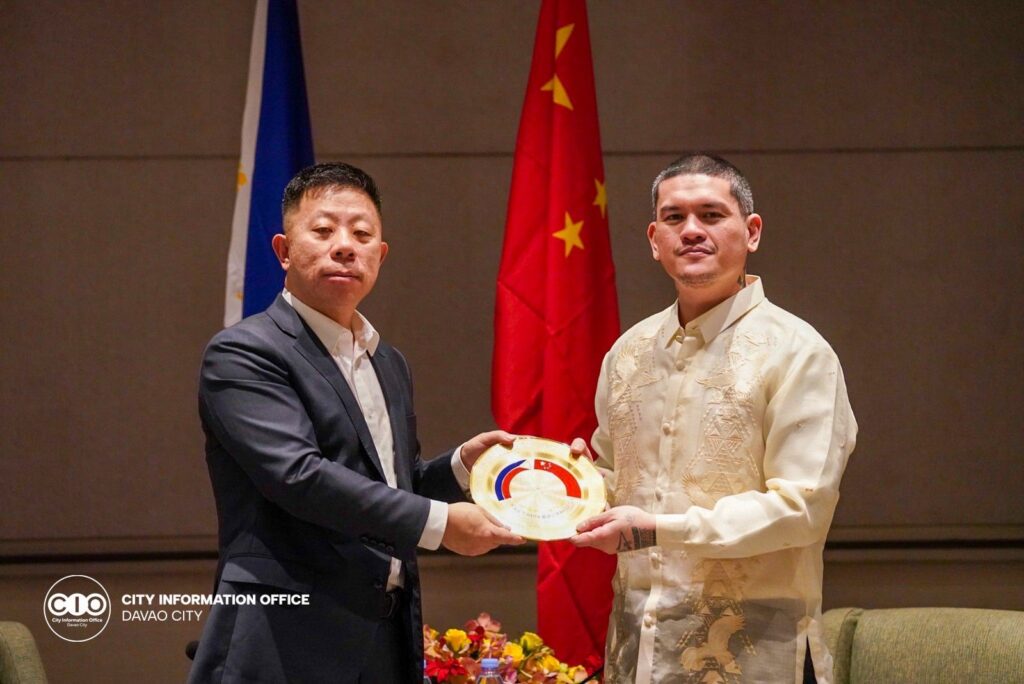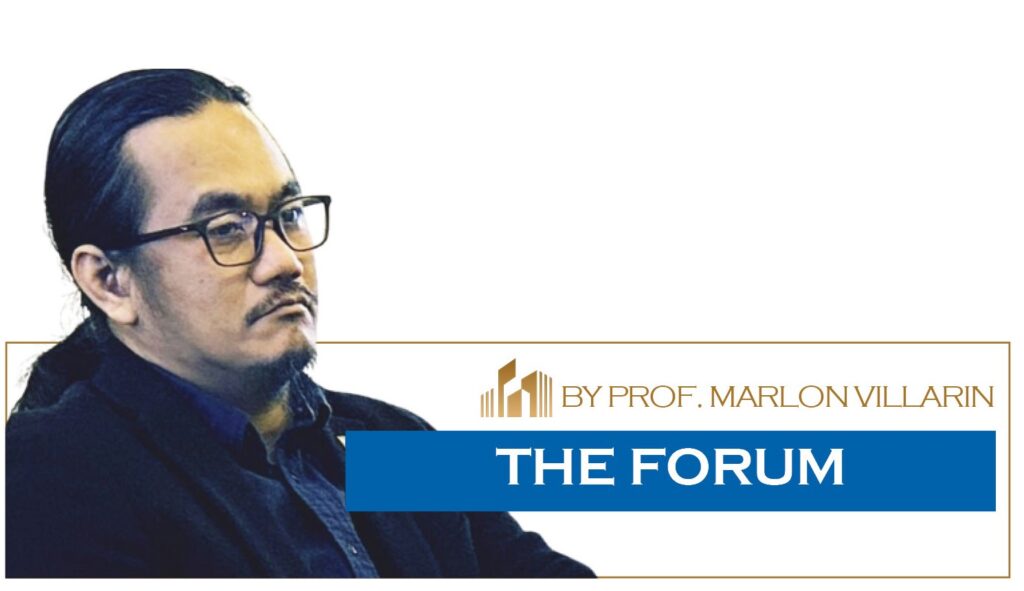In a move that has raised eyebrows and stoked fears of a return to authoritarianism, President Bongbong Marcos has mandated the inclusion of the “Bagong Pilipinas Pledge” and “Bagong Pilipinas Hymn” in official government ceremonies, alongside the national anthem “Lupang Hinirang” and the Pledge of Allegiance. This decree has sparked a debate about its legality, with many pointing to R.A. 8491, also known as the Flag and Heraldic Code of the Philippines, which prescribes the proper use of the national symbols and limits the proliferation of additional pledges and anthems. More alarmingly, this move evokes eerie memories of his father, former dictator Ferdinand Marcos Sr., and his imposition of the “Bagong Lipunan” hymn during the Martial Law era—a period remembered for its suppression of dissent and severe human rights abuses.
The introduction of these new patriotic symbols by President Marcos Jr. seems to be more than just a benign act of fostering national unity. It is a stark reminder of the past, where similar strategies were used to instill a specific ideological narrative, often at the expense of personal freedoms and democratic principles. The “Bagong Pilipinas” initiative closely mirrors the “Bagong Lipunan” (New Society) propaganda that sought to legitimize Marcos Sr.’s authoritarian rule, suggesting an unsettling continuity between past and present.
What is particularly concerning is the apparent silence of the media on this issue. In a healthy democracy, the press serves as a watchdog, ensuring that government actions are scrutinized and the public remains informed about potential threats to their freedoms. However, the lack of critical coverage on this mandate suggests a troubling acquiescence or possibly even coercion, reminiscent of the media suppression seen during the Martial Law period. This silence undermines the sacrifices of those who fought against tyranny and struggled to restore democracy in the Philippines.
The mandated recital of the “Bagong Pilipinas Pledge” and singing of the “Bagong Pilipinas Hymn” could be seen as a violation of R.A. 8491, which restricts the creation and use of additional national symbols without proper legislative process. This law was designed to protect the sanctity and uniformity of the national symbols, ensuring that they are not diluted or politicized. By unilaterally introducing new patriotic rituals, President Marcos Jr. is not only bypassing this legal framework but also imposing a specific narrative that may not represent the diverse views of the Filipino people.
Moreover, this initiative can be interpreted as an attempt to rewrite history and reshape national identity that absolves the Marcos legacy of its dark chapters. By promoting a vision of a “new Philippines” under his leadership, Marcos Jr. seems to be borrowing heavily from his father’s playbook, utilizing nationalistic fervor to consolidate power and suppress dissent. This is particularly dangerous in a country that has already endured the devastating effects of authoritarian rule.
The silence of the media on this issue is deafening and deeply troubling. In a society that values democracy and freedom, the press has a vital role in questioning government actions and holding leaders accountable. The current media landscape, however, appears to be failing in this duty, either out of fear, complicity, or both. This failure not only betrays the principles of a free press but also disrespects the memory of those who sacrificed their lives for the restoration of democracy in the Philippines.
As citizens, we are responsible for remaining vigilant and critical of any actions that threaten our democratic values. Introducing the “Bagong Pilipinas Pledge” and “Bagong Pilipinas Hymn” is not just a harmless patriotic exercise; it is a politically charged move that demands scrutiny and debate. We must remember the lessons of history and ensure that the dark days of Martial Law do not repeat themselves. The media must break its silence, and we, the people, must demand transparency and accountability from our leaders to protect the democracy that so many have fought hard to achieve.




